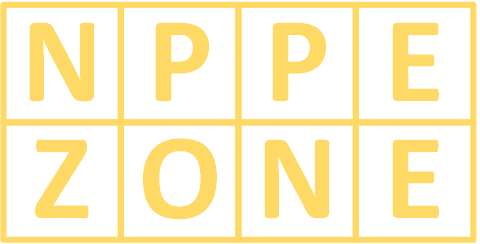People have an instinctive desire to make things go their way, even when confronted with challenging situations that require them to do or believe in something that may be beyond their control. They tend to overestimate their abilities in ways that support their beliefs to the point of deception. They allow themselves to believe that a false feeling, idea, or situation is true to achieve a specific goal. This paper seeks to define self-deception and distinguish it from lying, as well as to investigate the relationship between self-deception and ethics using real-life examples.
Paramount The Safety
Engineers must recognise that the general public’s lives, safety, health, and wellbeing seem to be reliant on project tools, decisions, and practises incorporated into structures, computers, products, processes, and devices. Engineers really aren’t permitted to endorse or seal proposals and/or specifications which do not comply to accepted technical standards and are not design safe, as this would jeopardise public health and welfare.
Technicians must do everything potential to just provide system that ensures, test codes, and inspection which will allow the general audience to think the level of safety or life expectancy associated with the use of the layout, goods, and structures for and they are also willing to take responsibility.
Prior to actually giving one‘s authorization to the concept designs, software developers will performance standards of a reliability and safety of the configuration, goods, or structures for that they are willing to take responsibility. If software developers observe circumstances that they believe will endanger general populace safety or health, they must notify the appropriate authorities.
Professional Development
Engineers should not participate in layout tournaments for the purpose of winning compensations for various projects unless economic calculations is provided for all models submission. Employees shall not nefariously or wrongfully, directly or indirectly, harm another’s professional image, opportunities, or employee practise.
Employees shall n’t yet undergo or agree to undertake any design service for free, with the exception of expert investment advice for civic, compassionate, religious, as well as non-profit organisations. Technicians who are representatives of these organisations have the right to use one‘s expert engineering skills in the provider of these organisations.
Uphold The Honor Of Engineering
The Fundamental Canons
- Engineers must prioritize the public’s safety, health, and welfare in their professional duties.
- Engineers must only provide services in their areas of expertise.
- Engineers must only make public statements that are objective and truthful.
- Engineers must avoid conflicts of interest and act as faithful agents or trustees for each employer or client in professional matters.
- Engineers must build their professional reputation on the quality of their work and not compete unfairly with others.
- Engineers must act to uphold and enhance the profession’s honor, integrity, and dignity.
- Engineers must continue to develop professionally throughout their careers and provide opportunities for professionals.
Issuing Statements When Needed
Engineers must only accept design coursework if they are qualified by schooling or experience in the particular technical field of engineering involved. Engineers could accept assignments needing training or experience outside of their areas of expertise, only to the extent that their services are needed.
